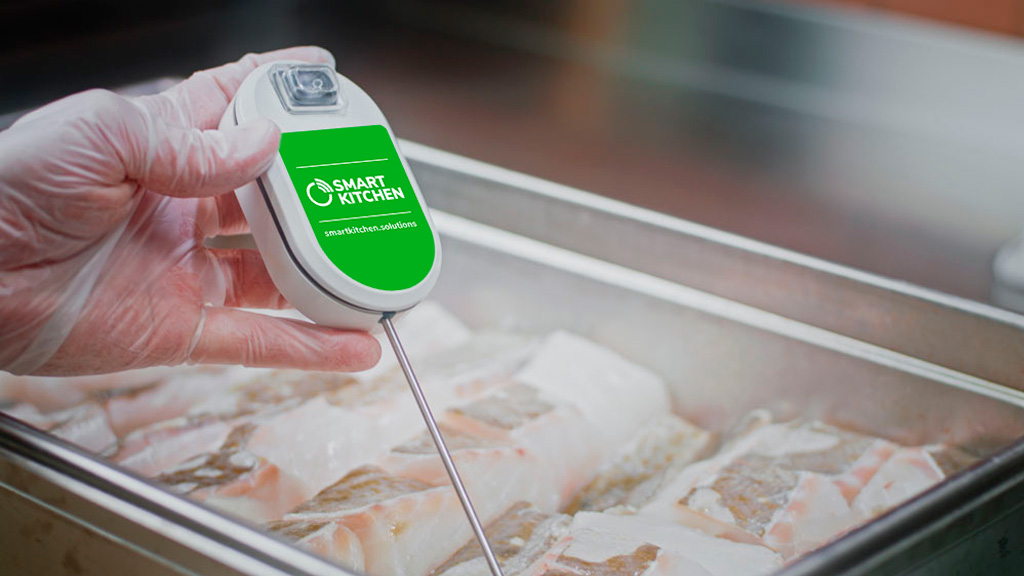The European Food Safety Authority (EFSA) has published the results of its latest 2025 Eurobarometer survey. The findings show that EU citizens’ awareness of the common food safety system has increased significantly in recent years.
A total of 79 % of respondents know that food safety in the EU is based on shared regulations. A rise of six percentage points compared with the previous survey. At the same time, trust in both national and EU authorities has strengthened.
The study also reveals that food safety is increasingly important to consumers, ranking as the third most significant factor when choosing food – right after cost and taste.
Major consumer concerns remain pesticide residues (39 %), antibiotics and hormones in meat (36 %), and food additives (35 %). However, concern about microplastics in food has noticeably increased to 33 %.
%
Pesticide residues
%
Antibiotics and hormones in meat
%
Food additives
%
Microplastics in food
Interest in food safety is high: approximately 72 % of Europeans say they are personally interested in food safety. Food safety also ranks as the third most important factor (46 %) when buying food, after cost (60 %) and taste (51 %).
In Finland and Sweden, trust in national authorities as sources of food risk information is among the highest in Europe: in Finland, 95 % of respondents trust the national authority.
Why does this matter?
- Increased awareness means more empowered consumers: understanding food safety helps consumers make better choices.
- Trust in authorities is crucial: for the food safety system to work effectively, people need to believe it works.
- Emerging concerns such as microplastics highlight the need for authorities and businesses to respond with updated communication and action.
What does this mean for food service and food business operators?
- Communication matters: as consumers’ knowledge deepens, transparency about how you ensure food safety becomes an advantage.
- Prioritise risk management but also normalise safety: emphasise everyday practices and visible efforts to maintain safe food. Clear guidance for staff, along with digital self-monitoring and task management, helps make food safety a natural part of daily routines.
- Address consumer concerns: although pesticides, antibiotics and additives remain primary worries, microplastics are rising. Consider acknowledging this in your messaging.
Summary
The latest Eurobarometer reveals positive progress: Europeans are more aware and confident in the food safety system than before. This creates a strong foundation for the food sector — but at the same time, communication and operations must keep pace as consumer expectations and awareness grow.
SmartKitchen supports food safety in everyday kitchen operations
The importance of food safety continues to grow in professional kitchens as well. SmartKitchen’s goal is to support this development by providing digital tools that make monitoring easier and ensure reliable operations every single day. Learn more about digital kitchen management →
